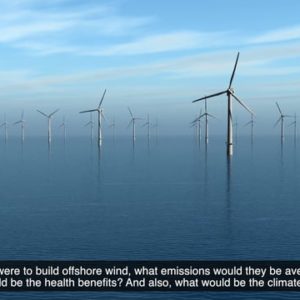
This Harvard researcher created a model in which an offshore wind farm that could power most of Washington D.C. could also save 50 lives per year and generate $690 million per year in climate and health benefits. Dr. Jonathan Buonocore, Program Leader of our Climate, Energy, and Health Program, talks about the science behind “Health and Climate Benefits of Offshore Wind Facilities in the Mid-Atlantic United States,” a paper he and colleagues from Synapse Energy Economics, University of Delaware, and Boston University published in Environmental Research Letters.
View this complete post...
Tags: CHGEHarvard, Harvard University, Jonathan Buonocore, Renewables, Video, Vimeo, Wind Energy
Posted in
Energy, Environment, Pollution, Show Us Your Infra, Sustainability, Technology
Comments Off on What are the health and climate benefits of offshore wind farms?











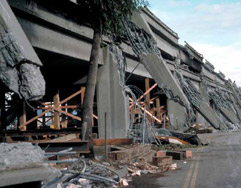



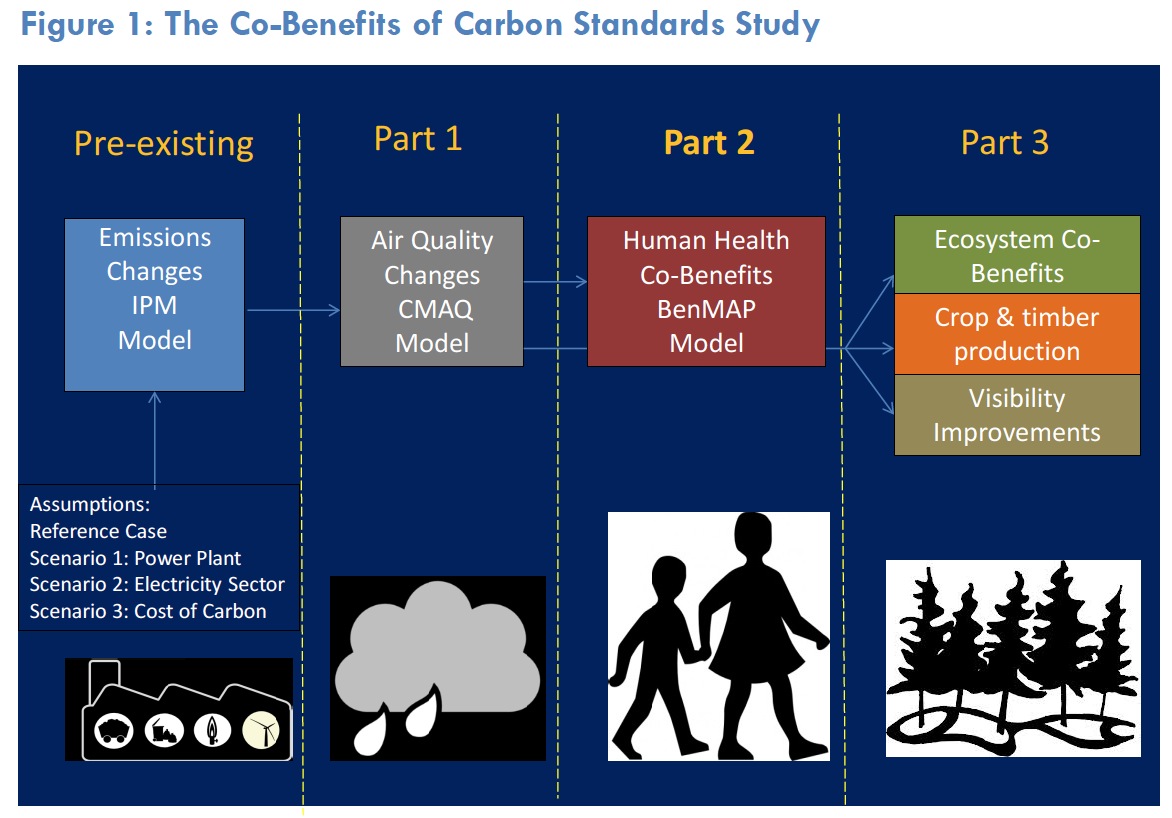
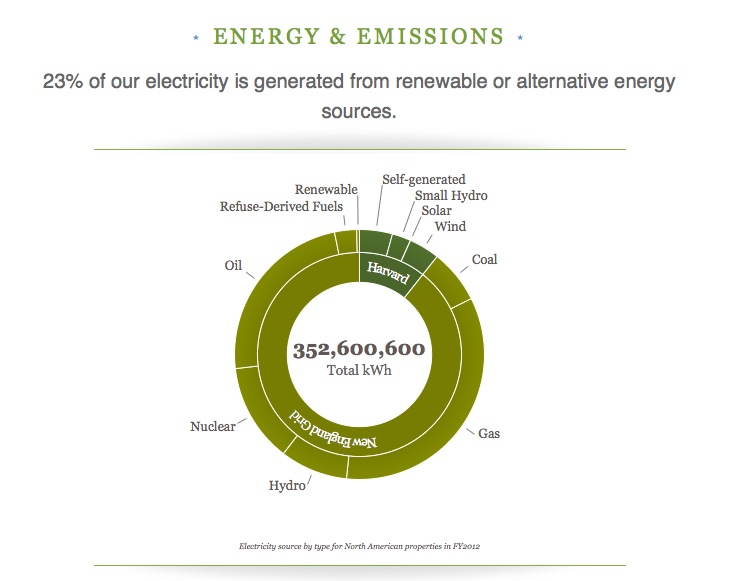
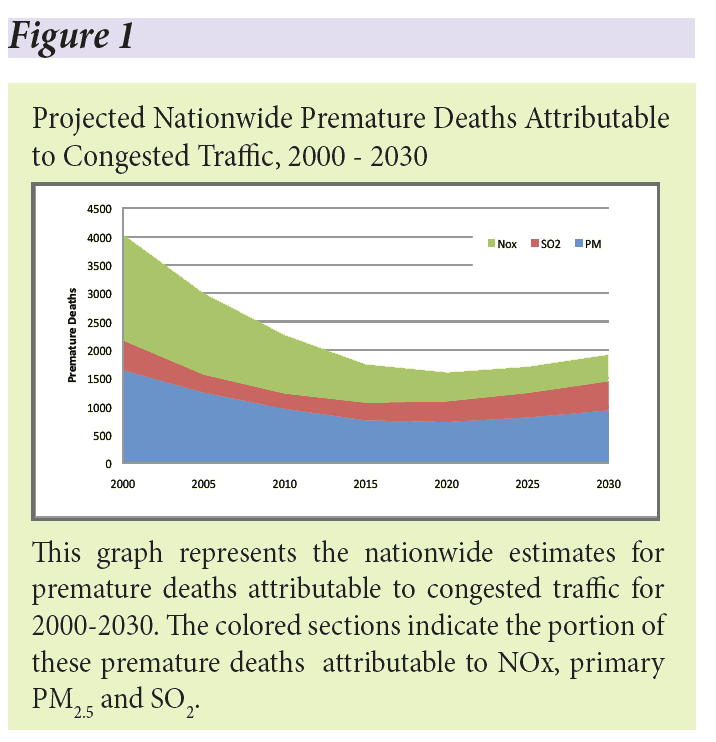

 RSS Feed
RSS Feed